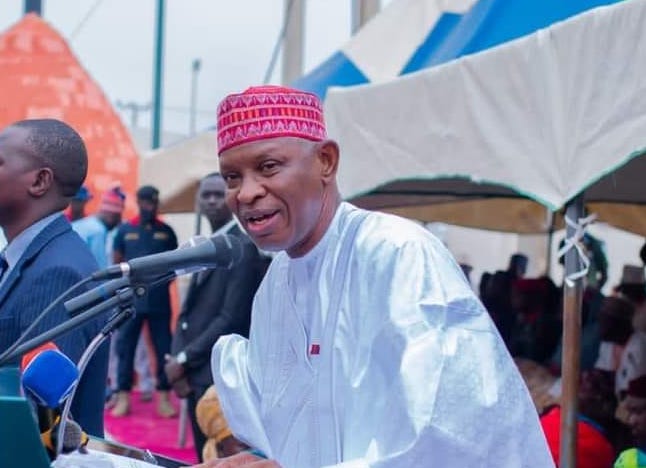The Kano State Government has announced the renovation of more than 1,200 schools over the past two years as part of sweeping efforts to revitalize education in northern Nigeria’s most populous state. Education Commissioner Dr. Ali Makoda disclosed the milestone during a one-day training workshop for education officials and stakeholders in Kano on Monday, emphasizing the administration’s commitment to reversing systemic challenges in the sector.
Governor Abba Kabir-Yusuf’s administration earmarked ₦484 million ($380,000) to support school renovations across all 484 electoral wards, with local councillors appointed to oversee projects in their jurisdictions—a first for the state. “This decentralized approach ensures accountability and community involvement,” Makoda said, noting the initiative aligns with a state of emergency declared on education in May 2024. The declaration followed the approval of ₦3 billion ($2.4 million) to rehabilitate 13 girls’ boarding schools shuttered under the previous government, addressing longstanding gaps in access to education for young women.
Kano, home to over 30,000 schools—the highest number in Nigeria—faces significant infrastructure and resource deficits despite its large education system. The commissioner stressed that physical upgrades alone would not suffice without parallel investments in educational quality. The workshop aimed to equip education officers, school leaders, and stakeholders with monitoring and evaluation tools to strengthen teaching standards. “Without trained quality assurance personnel, enrollment drives and infrastructure projects risk falling short,” Makoda explained, underscoring the need for robust oversight to track progress and identify challenges.
The state’s push to implement free, compulsory primary and secondary education hinges on these dual priorities: modernizing facilities and ensuring effective governance. A reinforced quality assurance framework, officials argue, will help streamline accountability, improve learning outcomes, and attract more students. Over 200 participants from state agencies and local communities attended the training, with Permanent Secretary Bashir Baffa noting the inclusion of executives and key influencers to amplify its impact.
While Kano’s education overhaul faces hurdles typical of resource-constrained regions—including population growth and funding limitations—the scale of recent interventions signals a strategic shift. By prioritizing both infrastructure and systemic reforms, authorities aim to rebuild public trust in state schools and position education as a catalyst for broader social and economic development.
